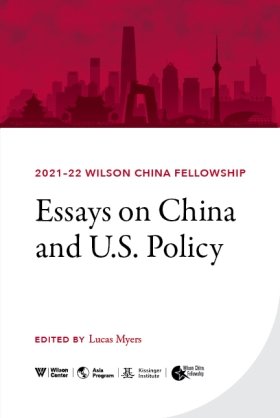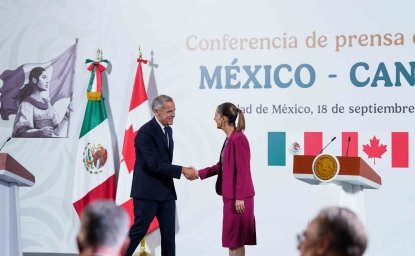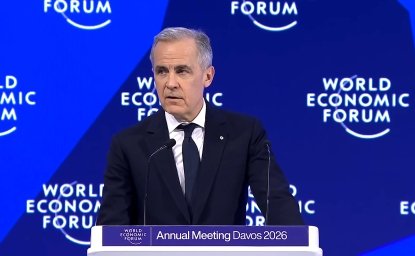Common Prosperity and China's State Capitalist Welfare State

Abstract
China and the United States will increasingly compete over socioeconomic models, with major implications for the development of world order in the 21st century. An underappreciated aspect of this competition revolves around the ways that economic models ensure suitable levels of equality as well as growth. The Communist Party of China (CPC) has indicated its intentions to develop its own approach to the public financing of a welfare state. Specifically, the CPC has advocated a common prosperity agenda based on redistribution to address deep-rooted challenges of inequality, financed by a stronger state sec-tor that contributes more to transfers and redistribution, creating a “state capi-talist welfare state.” If successful, this model could help put China on a path towards sustainable economic growth. The CPC believes that this version of “socialism with Chinese characteristics” will resonate abroad and improve China’s soft power. If successful, this policy direction has major implications for the Chinese economy as well as the attractiveness of the China model. This chapter discusses China’s vision, current implementation, and related implica-tions for U.S. policy.
Implications and Key Takeaways
- Do not make policy based on assumptions of China’s economic failure. Demography is not destiny, and U.S. policy should not be based on an assumption of future U.S. dominance.
- Pressuring market reform in China via bilateral trade and investment policy will become increasingly ineffective. Multilateral trade inducements have proved more effective in the past. If the United States seeks to shape Chinese economic reform and engage fairly with China in the global trading system, it should engage with partners on WTO reform and negotiate entry into CPTPP.
- The State Department should take China’s soft power challenge seriously and seek to better understand public opinion abroad. Do not assume U.S. soft power superiority.
- The United States should continue to use the DFC and USAID to compete with BRI, but propaganda to undermine China’s investments is ineffective. Instead, the United State should promote its own shared prosperity language abroad. The United States has a more equitable economic model than China does today, and rather than opposing China, working together with China, especially through international organizations, allows the United States to highlight confidence in its economic model advantages.
- U.S. policymakers should not assume continued domestic support for policies perceived as furthering decoupling or economic containment of China. These policies are economically costly and difficult to reverse when public opinion shifts.
- The United States should fund further public education on China, including language and area studies. Congress should provide additional funding to the Department of Education’s Title VI and Fulbright-Hays programs, and the Biden administration should revive the Fulbright-China program.
Author

Jill McGovern and Steven Muller Assistant Professor of China Studies and International Affairs and U.S. Director of the Pacific Community Initiative, Johns Hopkins School of Advanced International Studies.
Explore More
Browse Insights & Analysis
Canada and Mexico in a Moment of Strategic Choice

The Middle Power Play: Why Canada and Britain are Hedging on China

